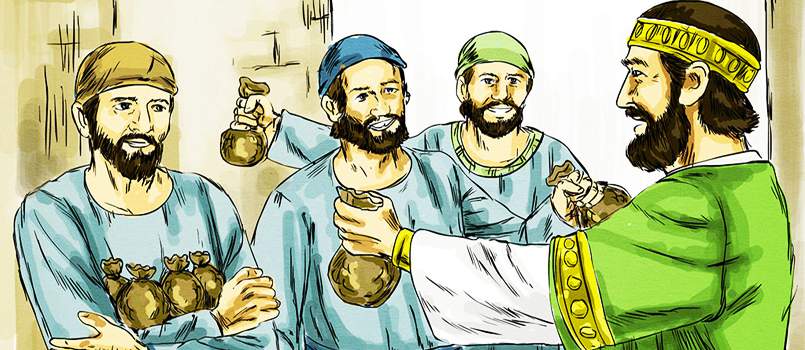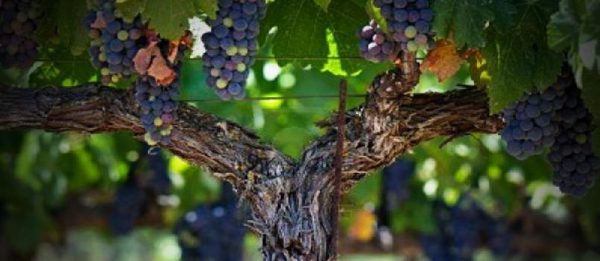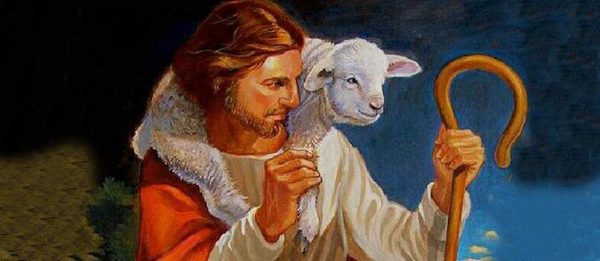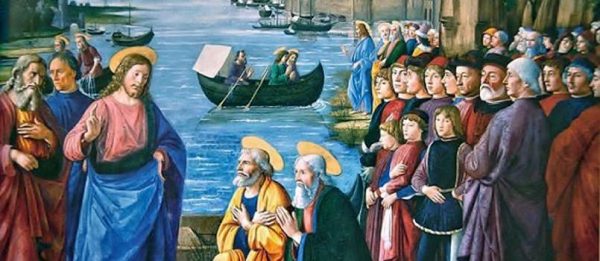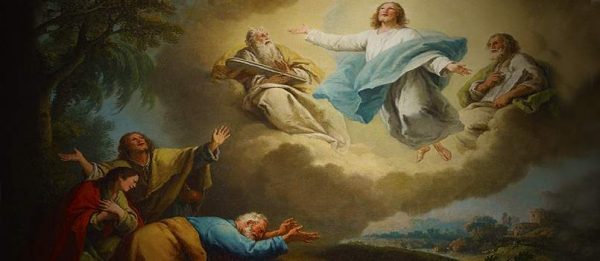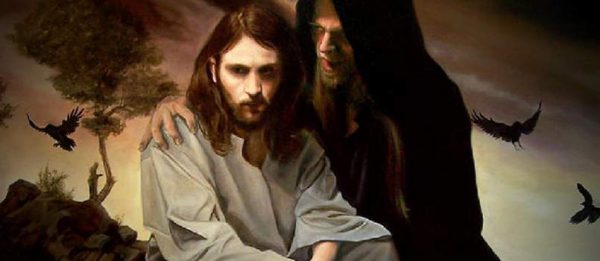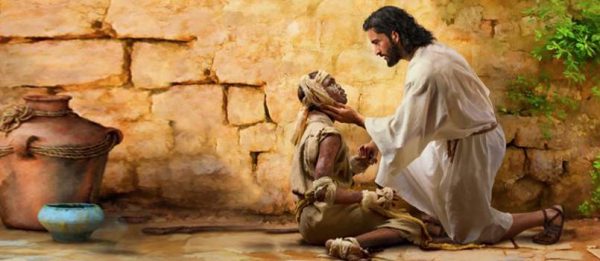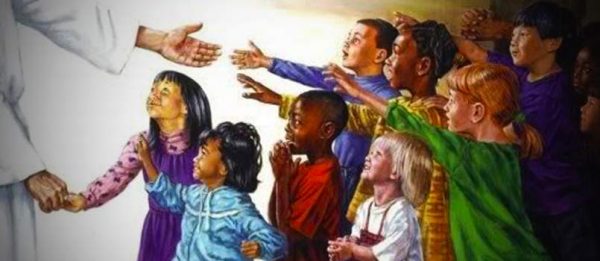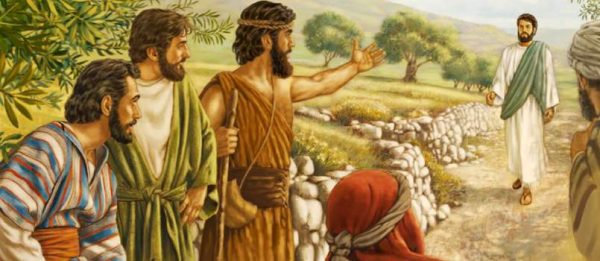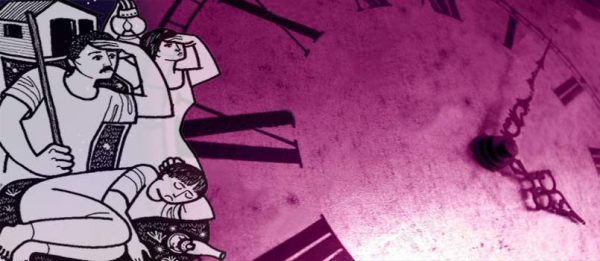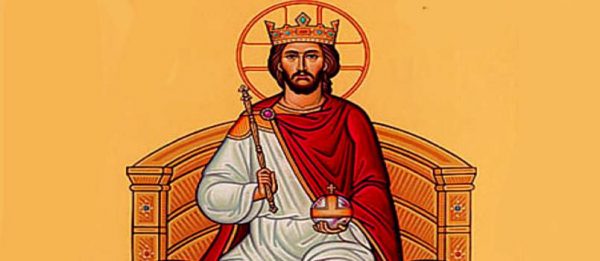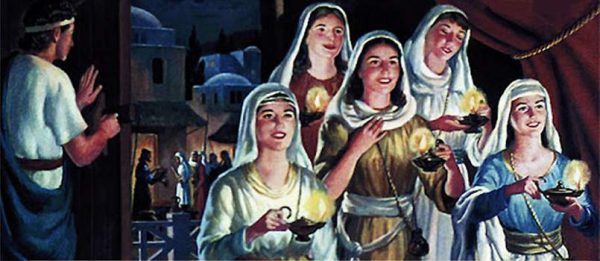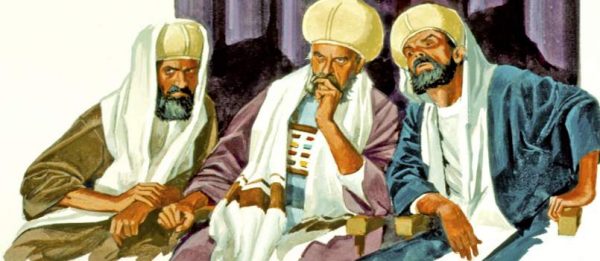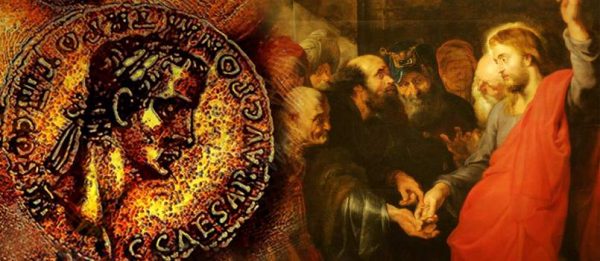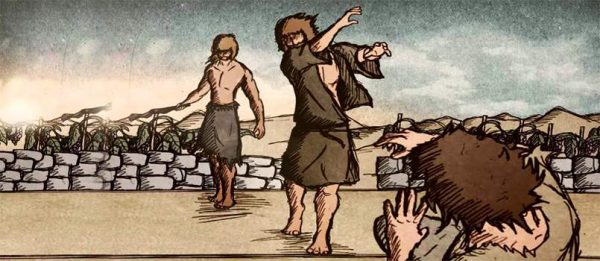10,324 total views
The Lord Is My Chef Sunday Recipe, Week XXXIII-A, 19 November 2017
Proverbs 31:10-13,19-20,30-31//1Thessalonians 5:1-6//Matthew 25:14-30
“Walang kuwenta.”
Literally speaking, it means “no summation” or simply nothing at all. It is one of the most common expressions of our elders before that is rarely heard these days. It is as old as “panahon pa ni Kopong-Kopong”, another expression that had faded in this generation of abbreviations like “atm” and “ootd” and inverted words that are being revived like “petmalu” and “lodi”. If my father were alive today, he would simply say these are all trash, as in “walang kuwenta” or nothing. But, as I grew up and matured I have realized that nothing is really “walang kuwenta.” Everything matters no matter how silly it may be like the way young people talk these days. You lose your “werpa” (that is, power inverted) and you will never be able to communicate or connect with them. This is what our readings today are emphasizing to us: everything matters, especially the little ones we always take for granted. Every single thing in this world has value. Disregard them and they get back at you in the end with finality!
Jesus told his disciples this parable: “A man going on a journey called in his servants and entrusted his possessions to them. To one he gave five talents; to another, two; to a third, one – each according to his ability.”(Mt.25:14-15)
We all know this parable so well, of how the first two invested and earned profits while the third simply dug a hole in the ground and kept there the one talent given him. Like the parable of the ten virgins, this is again about the final judgment when Jesus Christ returns at the end of time (parousia). On His second Coming, all of us would be judged on what we shall have done in this life. Last week, the extra oil of the wise virgins symbolized good deeds; today, it is the profits from the talents bestowed on each of the servants. The Lord’s absence is our time of active waiting for Him. Because we do not know when He would return, we must be responsible enough with the gifts and graces God had given each of us. Do we have the initiative like the first two servants to put into good use these talents so that it would earn some profits upon their master’s return?
Let us not get the wrong impression through this parable that God is a harsh master, “a demanding person, harvesting where he did not plant and gathering where he did not scatter.” Remember this is a parable and not a story of unjust or oppressive masters still found in today’s news. What we are dealing here with is our relationship with God: we are not bound to Him with a contract in human terms as if religion is a strict fulfillment of duties in servile fear like what the third servant explained. Jesus was speaking to His disciples – and to us too – of His coming when all of us would be judged on what we shall have done and have failed to do with all the grace and goodness He had entrusted with each of us. The Lord is not asking us to do something great or heroic beyond our capacities but simply to do our very best in making use of all His gifts given to us in this life. There is a saying that “your life is a gift from God, what you do with your life is your gift to God.” Very true!
There is no need to be somebody else to do God’s work: nothing is so small or too insignificant if it is the work of God that we are doing. Like in the first reading, the author of the Book of Proverbs noted so beautifully how a “worthy wife works with loving hands”, of how a woman gives value to the things entrusted to her at home. She finds dignity in her tasks that she does them joyfully and enthusiastically. Most especially, she does it out of love.
The problem with the third servant in the parable may be summarized to just one word: mediocrity. Lacking the initiative and dedication to perform his task, the mediocre servant did not show value not only to the talent entrusted to him but most of all lacked the respect for his master. Mediocrity is too often a hairline from sin. When we become complacent in our lives, lacking the vision to see what is beyond this life and the material world which we reflected last Sunday, that is when we fall into the capital sin of sloth. That is when we become idle, exactly what St. Paul reminded us in the second reading: “Therefore, let us not sleep as the rest do, but let us stay alert and sober.”(1Thes.5:6)
In 2003 Bruce Willis starred in an action movie he co-produced, “Tears of the Sun”. Bruce Willis led a group of US Navy Seals in rescuing an American lady doctor in a Nigerian jungle but she refused to go without the 70 other refugees with her. After much firefight and loss of many of his men, Bruce accomplished his mission upon reaching the border of Nigeria. At the end of the movie came a quotation from the Irish statesman Edmund Burke who wrote “The only thing necessary for the triumph of evil is for good men to do nothing.” Every little good thing we can do is always something. Let me say this in our own language: “walang walang kuwenta sa mundong ito dahil sa kahuli-hulihan, ang lahat ay kukuwentahin sa atin upang tingnang kung tayo’y sapat sa timbang o kulang.” Everything would be summed up by God in the end; may we not be lacking like the third servant in the parable. A blessed week ahead of everyone!
Fr. Nicanor F. Lalog II,
Parokya ni San Juan Apostol at Ebanghelista,
Gov. F. Halili Ave., Bagbaguin, Sta. Maria, Bulacan3022.

